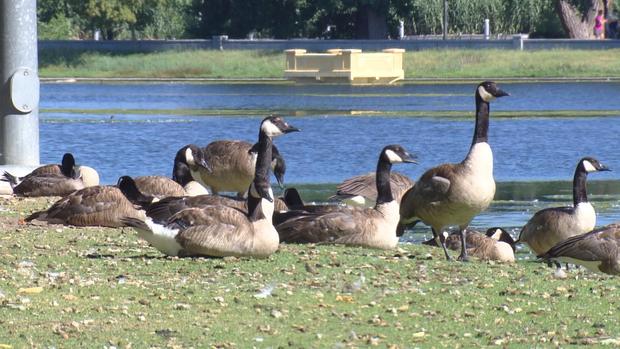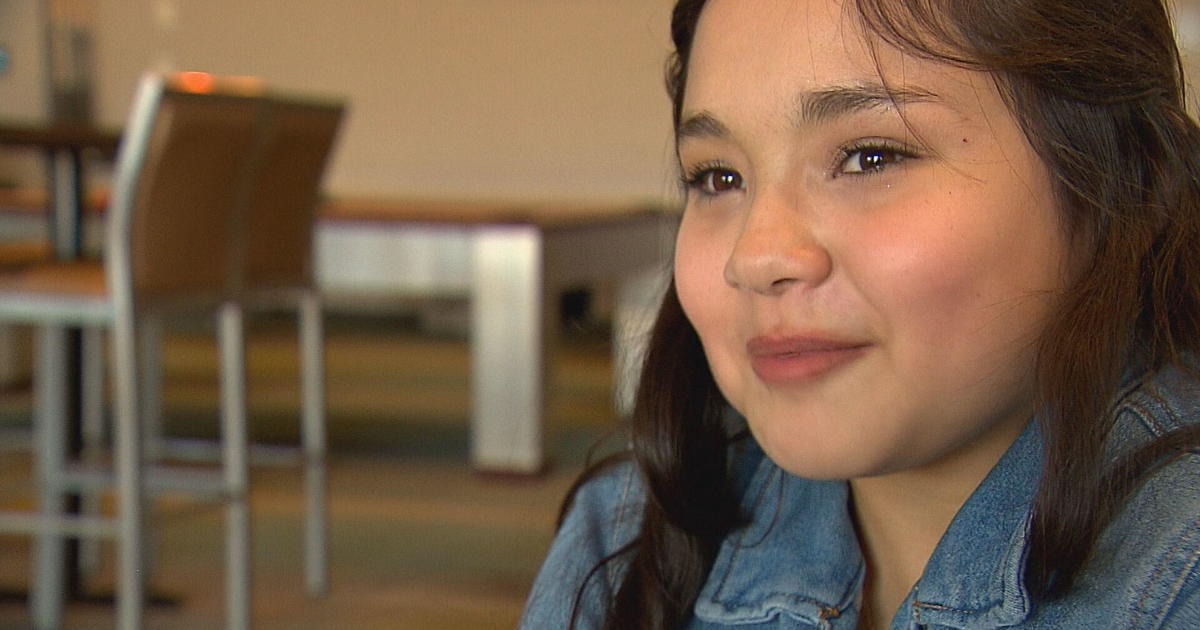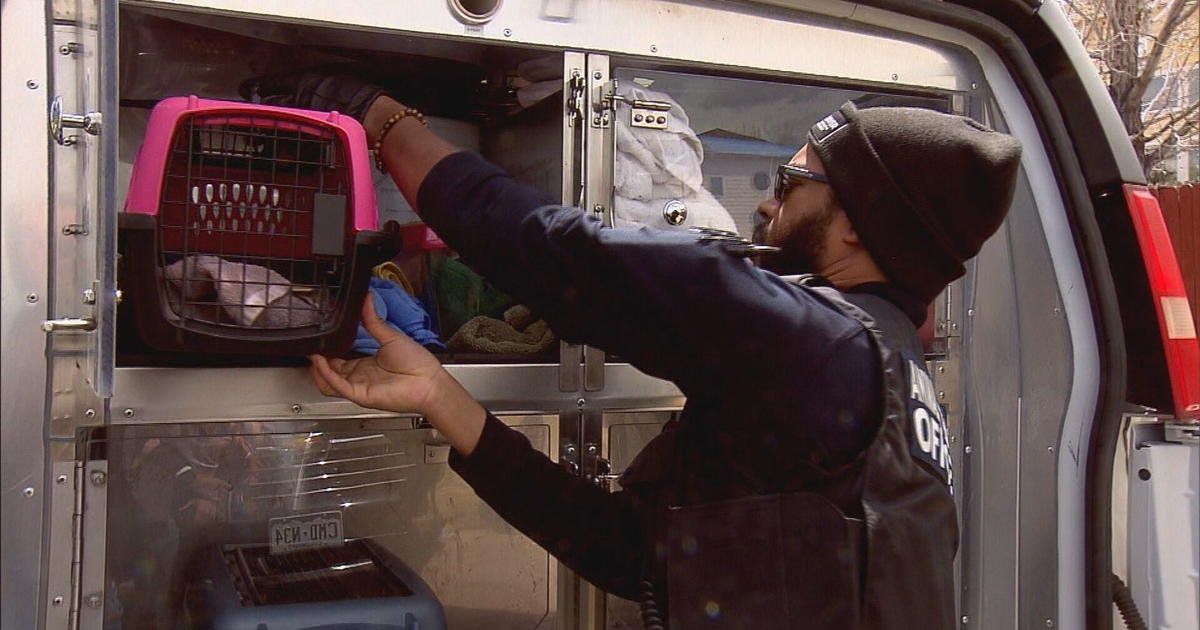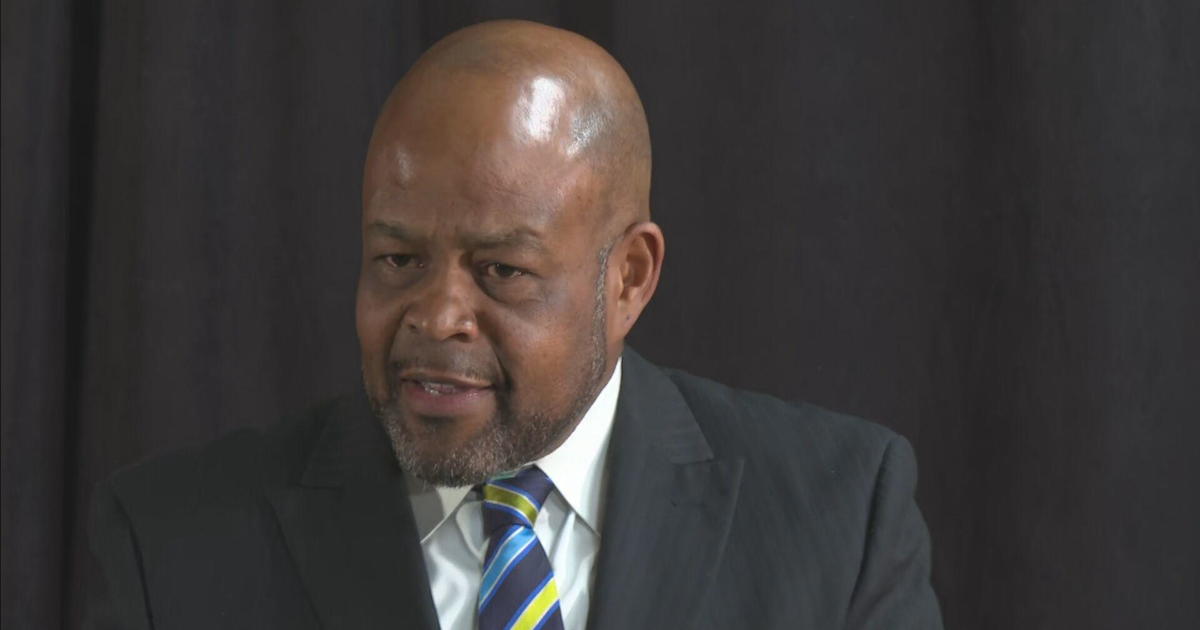Denver Moves Forward With Geese Culling Again
DENVER (CBS4) -- Denver's controversial plan to cull the population of Canada geese is moving forward after an effort by activists to stop it was blocked by a judge. Wednesday night, they'll continue their fight at a public meeting.
Denver Parks and Recreation Department managers say the culling is needed to properly control the resident geese population.
Last year, Denver culled over 1,600 Canada Geese. This year the city is working with the USDA towards a goal of 40 percent reduction, or by about 2,000 within 5 years.
So far, the plan this year includes:
- 50 geese at Garfield Park
- 50 geese at Harvey Park
- 100 geese at Sloan's Lake
- 30 geese at Barnum Park
- 25 geese at Garland Park
- 100 geese at the City Park Golf Course
Parks and Recreation wildlife biologists have said resident geese droppings post a health risk to people and habitat. On average, a single goose can leave at least a pound of droppings a day.
The department said it has tried a number of methods including egg oiling, hazing -- but also admits resources are too limited to devote entirely to geese management around the clock.
The city's Canada Geese management plan is posted online, but members of the public and Canada Geese Protection Colorado argue the culling decision was made with little input from the public.
"When you don't include the public on things that should be voted upon or how money is being spent, that's not a public opinion," said Eric Rooney, Canada Geese Protection Colorado.
Scott Gilmore, the Deputy Parks and Recreation Executive Director, pointed out that he and the team in charge of managing the parks are biologists.
"When we do projects, let's say we're building a playground -- we want community input on what's going to go in the playground," Gilmore said. "This is a management decision."
Rooney also argues the amount of funding for the project should require input from the public.
"It's my understanding if the city utilizes funds over $500,000, that would warrant public comment, but this is not public, and the reason why it's not public is because these agencies know directly if they were involving the public, this is something the Denver community would shoot down," Rooney said.
According to Denver Parks and Rec, the estimated to cost so far this year for culling and geese management has been $108,000.
Another question raised by the culling practice is what happens to the meat. Critics want to see proof the meat is safe for food bank donation.
"Denver Parks and Rec uses glyphosate, which is a very harmful chemical to kill weeds in their public parks. If you know what geese eat you know that geese eat anything that is green, so in theory you could assume that this geese meet can contain some traceable levels of these harmful chemicals."
However, Gimore said the meat is safe.
"The geese are not going to eat anything with pesticides on them, they're out there and they're eating grass. We don't really put any pesticides on our grasses so they can't get pesticides," Gilmore said. "The things that we treat are some of the weeds and noxious weeds in our parks. The geese don't eat those plants."
A citizens' coalition, Canada Geese Protection Colorado, recently filed a lawsuit to challenge the culling. Most recently the group requested a temporary injunction. That was denied by a judge; though the group said it will continue to fight and educate residents about issues regarding geese culling.
The state introduced Canada Geese to the Front Range back in the 1950s. While many geese are migratory, parks and rec said their efforts strictly impact resident Canada geese.




